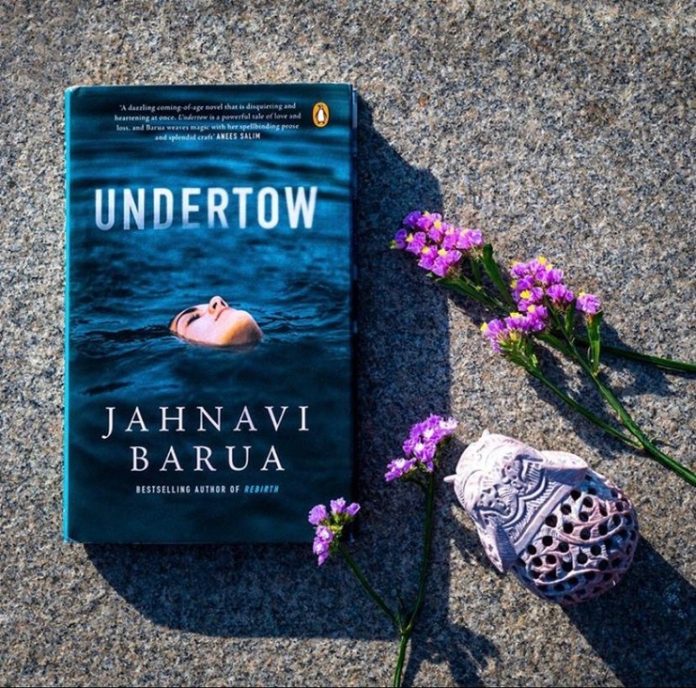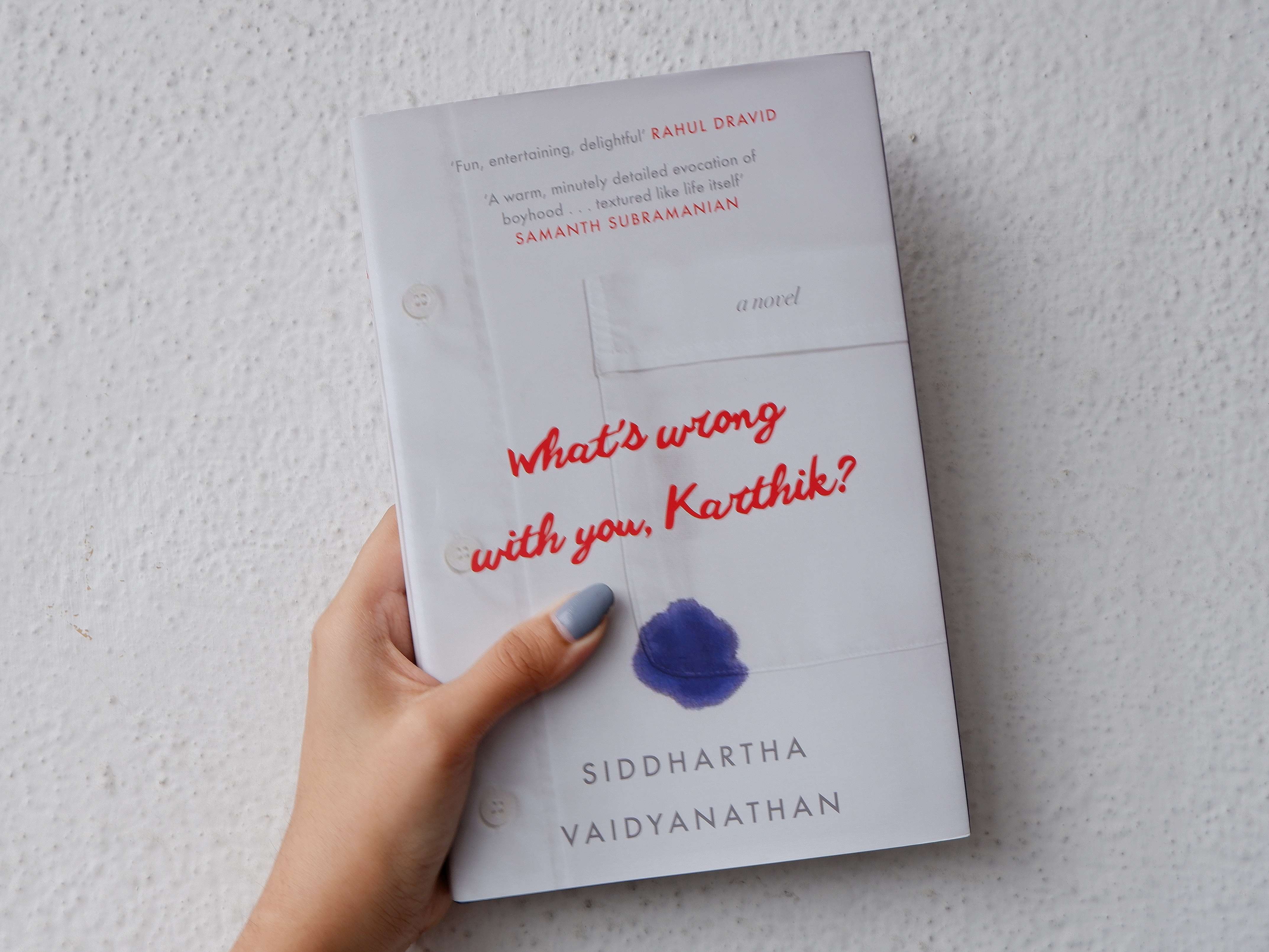Undertow
by Jahnavi Barua
Publisher: Viking Penguin (2020)
“The city was to be shut down. Normal life was to be suspended.”
Jahnavi Barua’s Undertow begins with an uncanny resemblance to the current global scenario. A city wrapped in a bandh induced silence which resonates with the pregnant silence inside the Yellow House. Undercurrents of tension, the fumes of minds at war, embers of deep seated emotional turmoil singe the reader right at the beginning.
Set in Guwahati, on the banks of the Brahmaputra, the story captures twenty six years of a dysfunctional family, torn apart by choices made in the past, tragic repercussions, severed ties and loneliness. Going against her parents’ wishes, Rukmini leaves the Yellow House and her parents Tarun and Usha, to marry the man of her choice in Bangalore, never to return and never to be called back. Years later, her daughter, Loya, returns to explore her long forgotten roots and her Mom’s sepia toned, unspoken past. She meets her grandfather for the first time and the heavy baggage of the past creates a cold emotional distance between them. Both make no attempt to break the ice and it takes time before they slice through that and warm up. What follows thereafter is the unfolding of a heartwarming relationship wherein Loya also gets to know her mother’s past in the truest sense and finds a home which, for the first time in her life, she could call her own. An identity, a belongingness where the bird finally found her nest.
Jahnavi Barua’s writing is restrained and taut. Her brilliance shines in her craft, the way she packs the pages with simple lucid writing yet layers them underneath with emotions which hang heavy in the air. As a reader, I was transported to the interiors of the Yellow House and the joy or grief in the air was almost palpable. She has delved deep into the crevasses of the human psyche, the nuances of familial ties, the flaws, the vulnerabilities, regrets, unanswered questions, presenting an authentic picture of a family, scarred by the past. Myriad bonds are explored, be it husband and wife, mother and daughter, father and daughter, grandfather and granddaughter and last but not the least, friends who become families.
Each character is sharply sketched and offers the readers a clear view of the undercurrents of their internal monologue. Besides the main characters, the inanimate also exudes tender emotions. Not just a mute spectator, the Brahmaputra becomes a witness to the highs and lows of not just the state it passes through but of the Yellow House, the other important protagonist. The river changes hues in the eyes of the characters, once still and heavy and at other times prancing with exuberant energy. Having lived on the banks of Ganga, the lyrical descriptions of the river wove gossamer threads with my soul. Having also lived in Assam and experienced ferry rides on the river (pre-bridge days), Barua’s words resonated deeply at times.
Food forms quite an endearing part of the narrative too. While local delicacies are cooked for Loya, readers unfamiliar with Assamese cuisine get a peek into the culinary delights of that region. Loya discovers her Mom’s love for a local favourite, chanachur and peels off layers of the persona she thought she knew. Rukmini, in her aloof and reticent shell had failed to create an emotional connect between nourishment and nurturing, for Loya. Rather, it was Loya who donned the garb of the nurturer when she would instruct the house help to cook her favourites. At the Yellow House, when the cook prepares caramel custard for Loya, it turns into an extremely poignant moment when she realises that food made with tender, love and care can indeed melt hearts and bridge gaps.
Where do we belong? Is home just a physical space or an emotion? Who is family? What is love and forgiveness after all? Do we fight some battles and choose to leave the battlefield at times? Undertow raises a lot of questions and in a subtle manner speaks about the political situation of the state too and how that is weaved in with the personal . Over and above all, to me the book is a study of politics which gets played in our living rooms, our own homes.
Brace yourselves to be jolted by the denouement of the novel. I sat, stumped into silence at midnight as I read the last page. An extremely poignant family saga with strong undercurrents of emotion, some like a raw nerve, wanting to remain untouched, and some like a message in a bottle, wanting to be found and read.
One line that will stay with me and quite sure you as well is, “Kinship ties were never felt more keenly than on days they were loosened or severed”.









Quite impressive I must say! I have been a reader of her proclaimed work, The Next Door. It is lucid, simple, yet pensive, emotional and very relatable. Look forward to reading this one too! Thank you for introducing me to her writing…love.